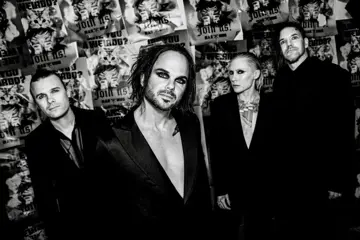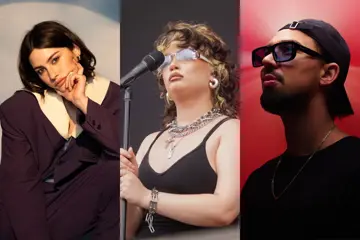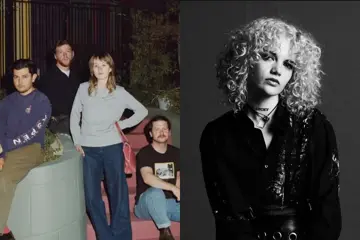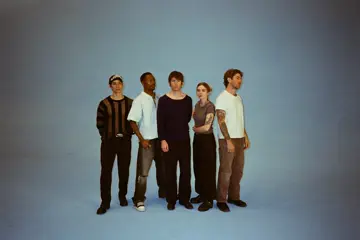Dead Poet's Society, Catcher In The Rye, Blackboard Jungle – these are stories that illuminate the particular way in which the weight of the world is felt by its young. And it is particular, born from tumultuous changes both physical and emotional and the struggles that come with the embarrassment, self-doubt and turbulence of youth. When director Anthony Skuse first read the script for Punk Rock, a high school drama by British playwright Simon Stephens that examines class, education and the volatile, prickly years known as our 'teenage years', Skuse had trouble separating the play from the lauded heritage it belonged to, or finding how or why exactly it should join that long line.
“You know, there's a lot of work around this kind of issue, and so when I first read it I think I dismissed it because of the other works,” he admits. “But what I found in the auditions working on the script with the actors on the floor, I was happily surprised at how beautifully written it was and how engaging it was to work on.” Skuse mentions one young actor in particular who had seen productions of Punk Rock in London and Germany, and expressed a profound connection to what was now his 'favourite play'. “And so my admiration of the play has just grown from the working on it and recognising more clearly how open-ended it is, how it's not moralizing. What is really terrific about it – and what I think makes it a good piece of art – is that it poses lots of questions, it doesn't try to answer them. It doesn't give you an answer, you know, 'If you play violent video games you'll be a bad person' or 'if you watch pornography you'll be a naughty person'; it doesn't give you an easy answer. If it just had a simple moral and it said 'obviously this happened because this person did these bad things: don't do drugs'; if it was a simplistic message then I think it would be a much lesser work.”
Running Commedia dell'Arte workshops (Italian improvised drama) in high schools around the country has given Skuse first-hand insight into the kind of classroom clashes and playground politics that take place in schools and lay the foundations for Stephens' dramatic treatment. Seeing in the script a beauty that was not overtly didactic and that spoke so fluently to the generation whose schoolyard struggles it depicted, Skuse discovered the big picture, and with it Punk Rock's place in that long line of existential youth literature. “Each generation has to find the voice that tells the stories for them,” he suggests. “It's fantastic to go back to your Greeks, to Shakespeare or whatever, it's great to be able to go back to these old writers and say 'I can hear my concerns voiced there,' but we also need artists who speak to us very directly. So each generation has to find that artist who speaks directly to them, for them, I suppose. Not that a writer can have that in his head: 'I'm going to this for now.' The writer just writes the world that he's part of, but I think that is really important.”
Punk Rock screens ATYP Studio 1 Wednesday 25 July until Saturday 11 August.















